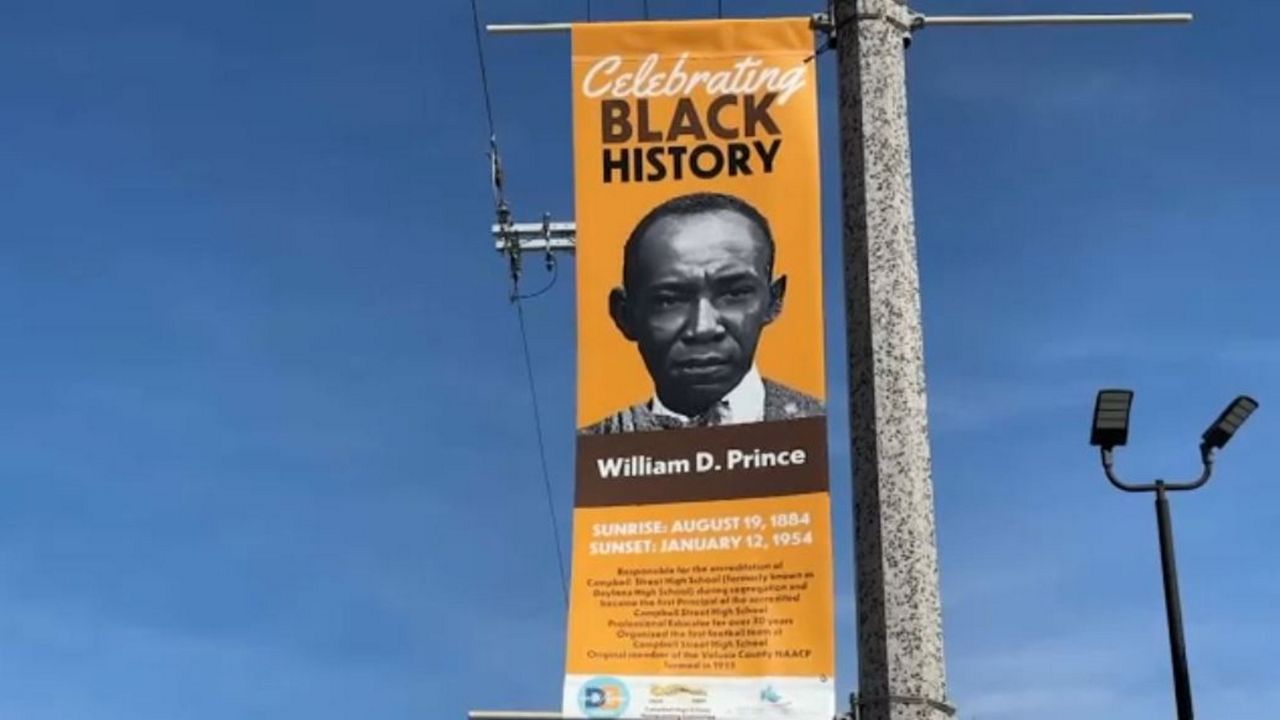DAYTONA BEACH, Fla. — Daytona Beach Mayor Derrick Henry is a community leader — and also an educator. He’s a vice principal at Ormond Beach Middle School.
He has taught history in the past, but he got a very real and personal history lesson recently — one involving a very difficult part of African American history and American history.
Henry found out his grandfather’s cousin was lynched in Orlando.
“I’ve described it as a gut punch,” Henry said.
Spectrum News talked with Harry Coverston in November about his work with the Equal Justice Initiative and Alliance for Truth and Justice, uncovering Arthur Henry’s story. Their work discovered that, after an unknown incident on Thanksgiving night in 1925, which left Arthur and two officers shot, a group of white men kidnapped the 30-year-old from an Orlando hospital and killed him. No one ever faced charges. Arthur Henry was a World War I veteran.
“Arthur chose to serve,” Henry said. “He came home to a country that chose not to give him the right to a day in court.”
Henry already knew his maternal grandfather, a civil rights advocate, was lynched in the 1950s. He had heard about what happened to Arthur Henry, but hadn’t realized until recently that he was related to Arthur Henry.
“You’re walking down the street or you’re living your life, you have a certain understanding of your family, and then — Voila — this is a part of your heritage,” Henry said.
In December, Henry and his family were part of a dedication for a historical marker for Arthur Henry in Orlando’s Parramore neighborhood — not far from where Arthur Henry lived.
“You want to know the history of your community so we can continue to evolve beyond those times and to see a brighter path forward,” Henry said.
Henry’s family’s history is heavy. But he doesn’t let it weigh on him. Instead, he said it helps fuel his life of service.
“We have a mantra that says, when we leave the house, ‘go be great.’ That’s something that we believe in,” Henry said.
And he said he believes as Daytona Beach mayor, he’s in the perfect position to bring people together.
“I’m honored to be in the position I’m in because I believe, as mayor, a large part of my service is to build bridges in our community, and we’ve been able to do a lot of that,” Henry said.
So far, the Equal Justice Initiative’s Alliance for Truth and Justice has discovered the lynchings of about 300 people in Florida and about 3,000 nationwide.






